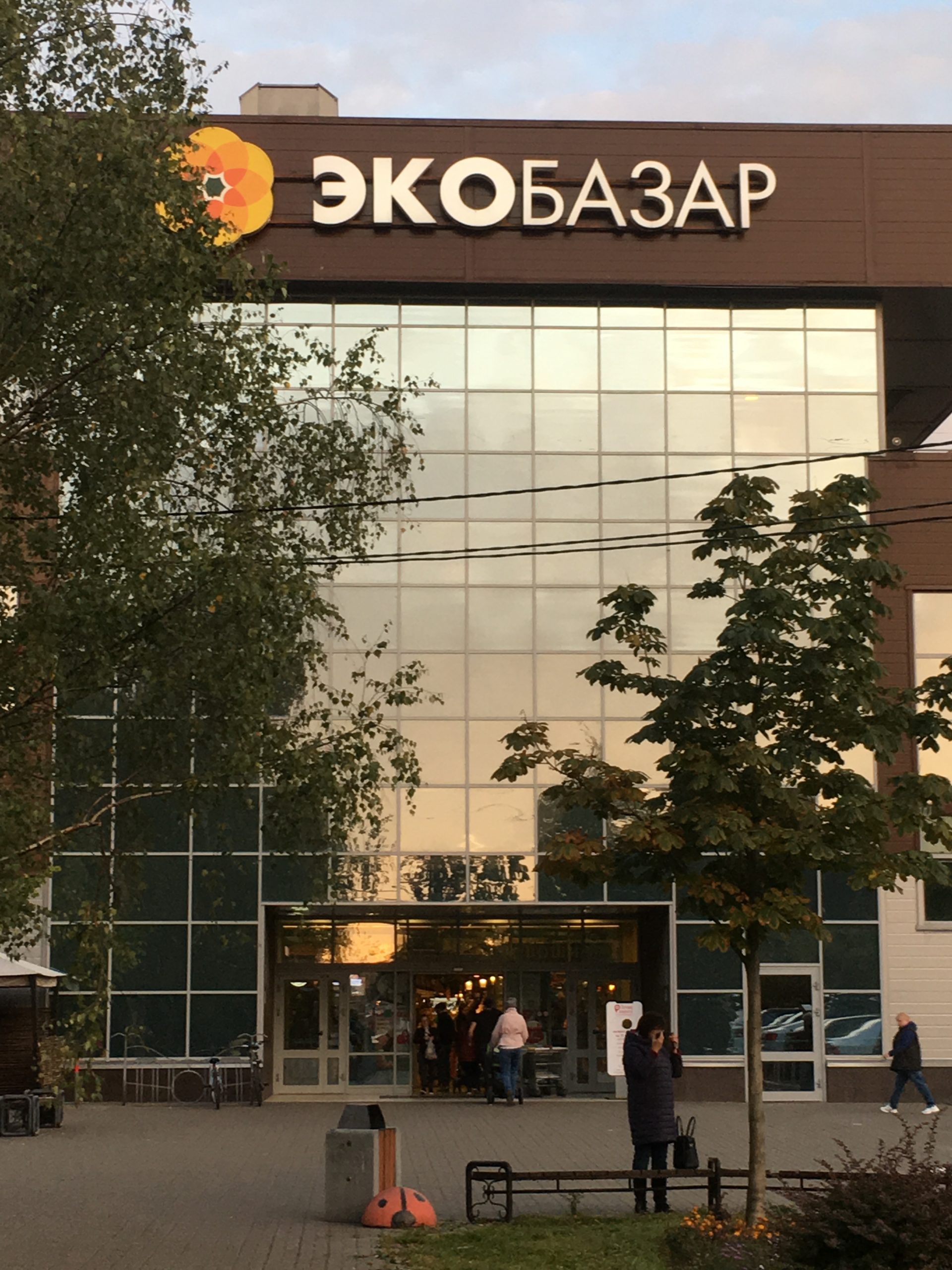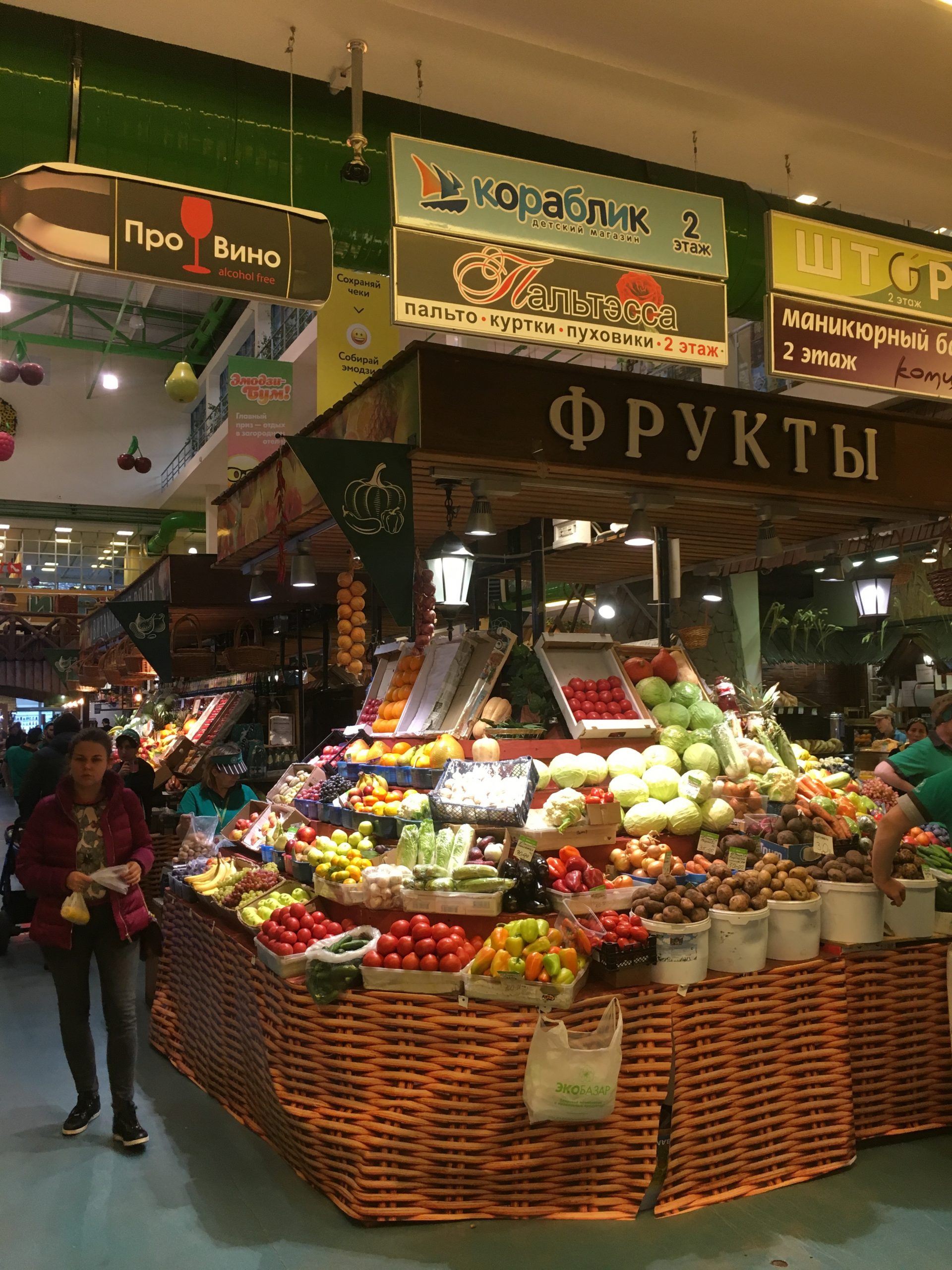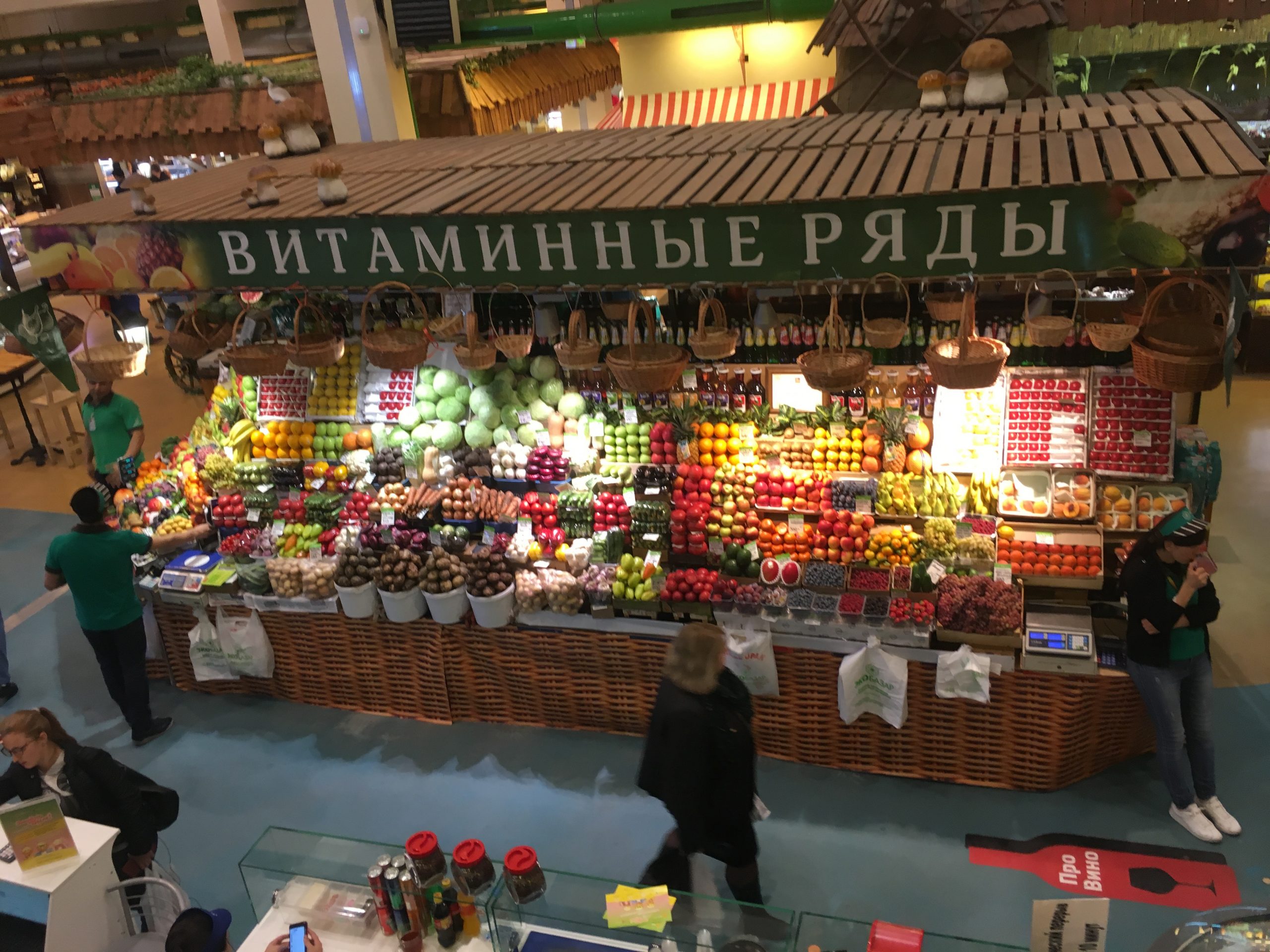Russian consumers switching to cheaper products
It is expected that annual inflation in Russia will reach 20% this year, accompanied by a 10% fall in real income. Consumers have already started to cut spending on some categories, including fruit and vegetables. Quality is now a secondary factor when making purchasing decisions.
Online formats and e-commerce keep growing
Federal retailers now hold over 60% of the food retail market, with the top-10 chains dominating the field (30%), the largest of whom are X5 Group, Magnit and Dixy. In an attempt to slow down the steady growth of organised retail, Russia’s Ministry of Trade has ordered all regions to restore open markets, where local farmers and small traders can sell their merchandise.
“The Russian market is going through its most stressful phase and all players are working hard to improve the situation.”
Online trade is another fast-developing sales channel. Digitalisation is penetrating into food retail, where online sales reached a share of 9% in 2021. Online marketplaces and e-grocers are the drivers of this growth. Tough competition is leading companies to invent new communication strategies, such as through games on their websites and the use of social media.
How to replace imported fruit and vegetables
According to Russia’s Ministry of Agriculture, the country grows 97% of its domestic potato needs and meets 88% of its consumption of most vegetables. But local fruit and berry production still only covers 25% of the demand. Russian authorities have suggested various measures to facilitate imports of these products. The sanctions imposed by European countries have led to a growth in trade with Belarus, Azerbaijan and Central Asia, as well as with African and Latin American suppliers. Nevertheless, problems remain.
Fruit importers are doing their best to supply fresh produce
One of the most problematic issues importers currently talk about involves bank transfers. “The sanctions imposed by the US have made it significantly more difficult to make payments to our foreign partners,” said Evgeny Maltsev, import manager of Akhmed Fruit, one of Russia’s largest fruit importers. “In addition, some intermediary banks have blocked importers’ funds, although this is illegal as importing companies are not blacklisted. This has led to a reduction in available assets. Fortunately, this and other issues are being addressed through our long-standing partnership with exporters.”
Logistics is another problem since giants like Maersk and CMA CGM and Hapag-Lloyd are leaving the Russian market. The cost of overseas shipments has almost tripled compared to last year. Although the high rouble exchange rate has balanced out the problem somewhat, the prices of all imported products has risen sharply. In addition to rising freight costs, transportation time has also increased, making it impossible to deliver some products directly, such as mango or lime from Brazil, citrus and grapes from Chile, etc. All of this ultimately leads to a reduced assortment. The Russian market is going through its most stressful phase, and all players are working hard to improve the situation.







